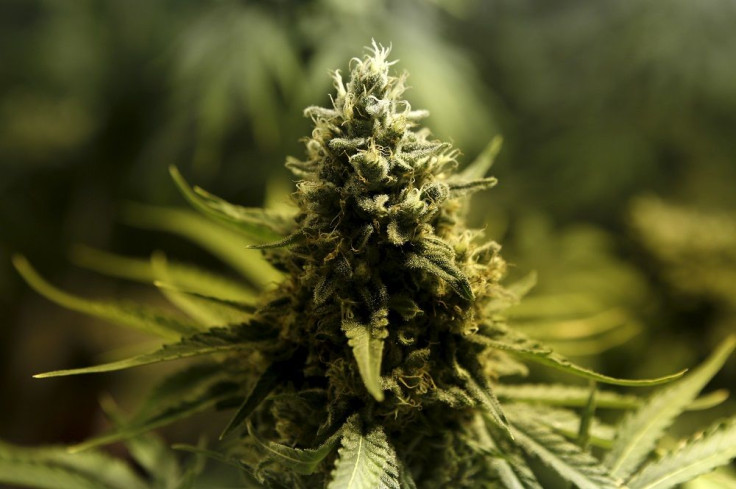Insecticidal soil can revolutionise safer, 'organic' cannabis cultivation

As the medical marijuana industry gains worldwide acceptance, one of the biggest challenges among legal marijuana growers remains, and it does not involve bureaucratic meddling at all.
It involves organisms living off nutrients from the marijuana plant. Aphids, caterpillars, snails, bud or root-rot causing fungus and molds affect the quality of marijuana crops that cost growers money, even if economic damage is not that significant.
This is the reason most growers resort to chemical pesticides, most of which are unregulated, to protect their crops for higher yields. Unfortunately, most of these pesticides "cannot even pass certifications," as Oregon Live reports .
High Times reports that 70 percent of pesticides found on pot can end up in the smoker's system, according to medical cannabis testing laboratory owner and chemist Jeffrey Raber. In the same report, Raber also notes that 10 percent of the weed tested by his lab contained pesticides, and adds that the number of tainted pot could be "far higher in the general marijuana supply."
The use of pesticides may soon be lessened with a new breakthrough that involves the soil where the marijuana plant grows itself.
Los Angeles-based company, Med-X, Inc ., has come up with an all-natural insecticidal soil that features its "special proprietary blend refined through research." The soil wards off pests that are drawn to the plant's roots, leading to a healthier and greener harvest.
Med-X is a sister company of consumer goods and household product maker, Pacific Shore Holdings, Inc. Pacific Shore was behind popular environmentally friendly and all-natural products such as Nature-Cide, a pesticide made from essential oils, and Thermal-Aid, a headache relief line.
"Both the insecticidal soil and Nature-Cide are safe to use with any kind of cultivation project, but they were developed specifically to satisfy each step of cannabis cultivation," said Med-X co-founder and chief operating officer Matthew Mills, in a statement.
"By providing exceptional products that have been proven safe and natural, we can ensure cannabis gets grown to our particular standards and expectations for excellence," he said. The insecticidal soil will be available to marijuana growers in the third quarter of this year.
According to the company, its end-goal is "to open the Med-X brand to the consumers." It directly communicates with its audience through a publication owned by its media division, The Marijuana Times. The company is currently raising funds to support its expansion via crowdfunding Web site, StartEngine, and has received indicated interest from 1,176 investors translating to around $3.7 million.
In November, a CNN-commissioned "pot test" led to a Denver-wide investigation and the subsequent voluntary recall of 2,362 pot products and 23 concentrates. Findings from the pot test revealed that one of the samples gathered contained a neurotoxin, imidacloprid. Exposure to the neurotoxin can lead to dizziness, breathing problems and skin or eye irritation.
Marijuana is still illegal here in Australia, although its use in patients enrolled in a clinical research may soon be allowed. The Independent reports that a bill passed by the Liberal Party can pave the way for the licensing of the drug for patients with "painful and chronic conditions on clinical trials."






